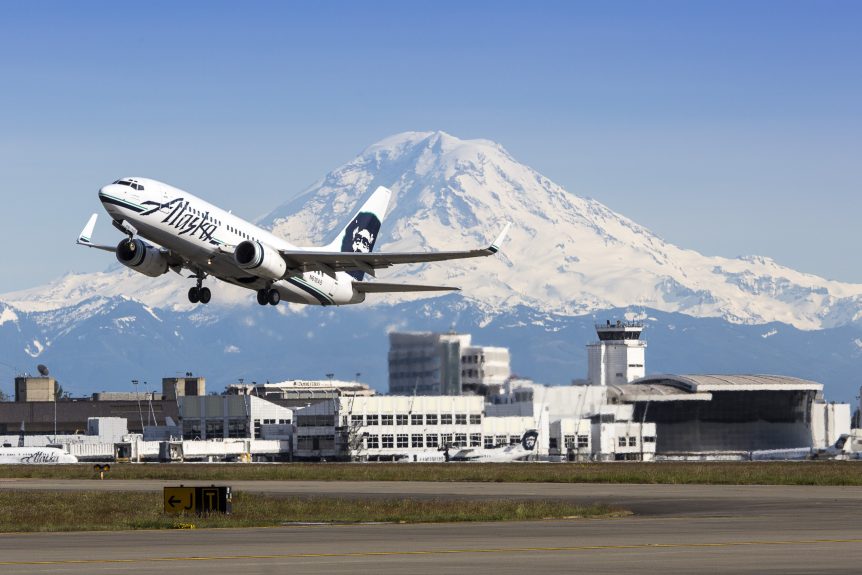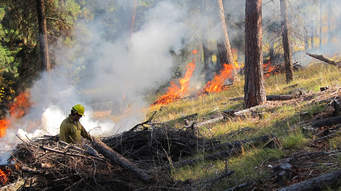We’ve looked at an array of different biofuel sources ranging from used cooking oil and algae to farm and municipal waste. This is essential as the percentage of airline emissions becomes a bigger part of our overall greenhouse gas situation. The Guardian reports, “A 2017 estimate said air travel accounted for 2.5% of all carbon dioxide emissions, with the total emissions expected to quadruple by 2050.”We’ll look here at how some of the early efforts have panned out and examine a late-breaking surprise or two. Mustard Seeds? According to the Guardian, “A Qantas plane powered partly by mustard seeds has become the world’s first biofuel flight between Australia and the United States, after landing in Melbourne on [January 30, 2018].” A major test, the 15-hour flight used a blended fuel 10-percent of which came from the brassica carinata, a mustard seed used as a fallow crop between regular crop cycles. Qantas’ Boeing Dreamliner 787-9 “Reduced carbon emissions by 7 percent …
Gleaning the Forests for Jet Fuel
Three congresspeople flew on wood-waste fumes this week, aboard an Alaska Airlines Boeing 737-800 on its way from Seattle-Tacoma International Airport (SEATAC) to Washington, DC. It was the first commercial flight to “to be powered by a blend of renewable jet fuel made from forest residuals.” Waste Products Replace Fossil Fuels Alaska, Boeing, and SEATAC have partnered on including biofuels in the mix since early 2015, as reported here. Later that year, United made flights out of Los Angeles International (LAX) using a blend of fossil-based jet fuel and biofuels made from farm and municipal waste. Keeping waste out of landfills and producing a lower carbon-footprint fuel has several benefits. In the case of forest waste, those branches, limbs and twigs that litter the forest floor after a timber harvest, cleaning that debris away lowers fire risk in the warm seasons and makes renewable isobutanol. Developed through a five-year project led by Washington State University and the Northwest Advanced Renewables …
Biofuels That Avoid Harm to the Food Supply
Biofuel manufacturers seem to be making great progress in the application of their combustibles to aircraft use, while gaining momentum in the amounts produced. Whether these will be economically and environmentally viable remains to be seen, but early indicators show hopeful signs. Biofuels have several advantages over the ancient plant life that has been squeezed for millions of years to give us eons-old pollution. They burn cleaner, can be cheaper to produce, and with distributed growth and refinery centers, could reduce the cost and hazards of distribution. Several issues surround the new fuels, though, including the food-versus-energy debate. The Environmental Working Group (EWG), for instance, has endorsed two widely disparate politicians for a bi-partisan attempt to mitigate problems associated with channeling food stocks into fuel feedstocks. “EWG commends Sens. Dianne Feinstein (D-Calif.) and Tom Coburn (R-Okla.) for taking action to address the environmental, economic and consumer harms that result from diverting corn for transportation fuel. The Corn Ethanol Mandate Elimination Act …


